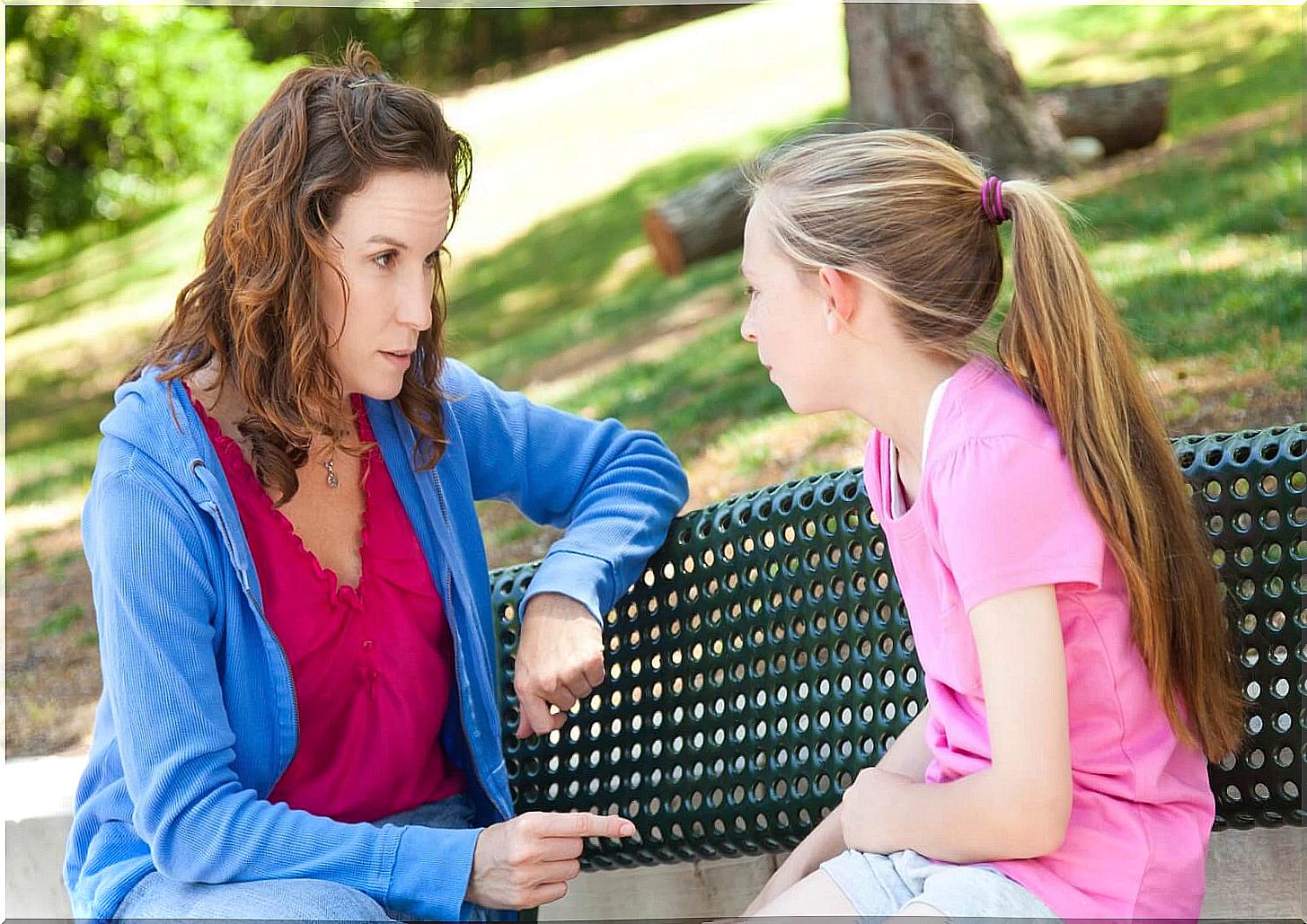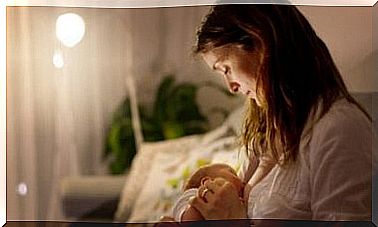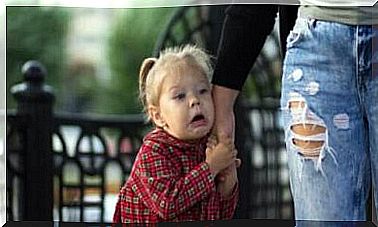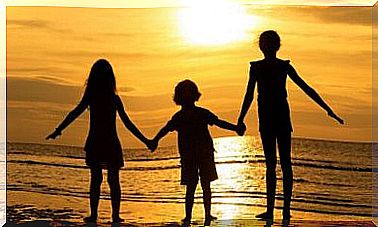Why Shouldn’t You Raise Children Overprotected?

Naturally, all parents want the best for their children and for them to adopt important life values. Without being aware of it, they start raising their child overprotected. Why?
Many parents raise their children too protectively to ensure that they never suffer. They give their children everything within their reach to keep them happy.
However, overprotective parenting is wrong. The main reason is that it does not give children a chance to develop or to learn to do things themselves, or to solve their own problems.
All parents are sometimes overprotective and to some extent this is normal. We do this instinctively to ensure that our children do not suffer.
But if it happens regularly in our children’s education, it can end up being harmful to them.
Unfortunately, overprotective parenting of children is common these days. It is also more common for parents to accompany their near-adult children to school. Or that teenagers turn to their parents at the slightest problem.
What exactly is overprotection?
There are several types of behavior that fall under that of an overprotective parent, such as:
- Do not let children eat themselves to avoid mess. As a result, by the age of 2 to 3, many children are still unable to use a fork or spoon on their own.
- Dressing children. The excuse that accompanies this fact is that ‘we can be done faster’. The danger is that this will become a habit.
- They help with their personal hygiene without letting them try it themselves. For example, washing hands, brushing teeth, etc.
- Constantly helping them remember what to do and making decisions for them that are best made for themselves. Between the ages of 4 and 5, children can begin to make choices about food, clothing, etc.
- Be observant and intervene in any discussion the child has with a friend. These parents are always there for their own child, even without knowing what happened or who the culprit is.
- Clean up the child’s toys so that he doesn’t get too tired.
- Prepare an agenda for the child. In other words, decide what to do and when.
- Prepare his school bag.
- Calling him several times a day to keep an eye on him and.
- Always accompany him, even if he is already considered an ‘adult’. For example, if he has an exam or even a job interview.
Overprotective parenting: how can you prevent it?
The main reason parents act overprotective is because they don’t understand the benefits of letting a child do things unaided. When your child asks for help, it’s important to give suggestions that will help him solve the problem using his own resources.
It makes sense that a child will make mistakes. However, it is not necessary to prevent him from making them. It is preferable to help him to see that he can achieve things little by little.
Of course that takes time at this age, but you have to remember that you are helping the child develop and adopt a set of guidelines.
It is also good to explain to the child the reason for certain things, so that he can act alone, even if there is no adult with him to explain how to do it. We can start with simple things like setting the table, tidying up, participating in easy household chores, taking care of their own personal concerns, etc.

If your child is shy , you can try to go places more often to make more friends, or to help share feelings with peers, etc… but never make it an obligation. Otherwise it will get worse, as children can eventually develop a lonely and suspicious personality.
In situations that may be difficult, we should help our children to become their own best partners, rather than avoiding such situations.
Where is the line: pamper or protect?
As we said before, do n’t confuse worry and attention with overprotection. It’s time to set some criteria.
Most parents try to help their children develop by teaching them morals and values that will help them grow as a person.
What a child needs at a young age is for their family atmosphere to resemble as much as possible what they will experience in the ‘real’ world when they go somewhere. That means they have to learn little by little to be independent, draw conclusions and know what to do every moment, but without set rules.
So you have to talk to your child, try to understand them, listen to their problems and their doubts and complaints. You have to find solutions together, talk instead of yelling, and carefully explain why something is wrong… . This isn’t overprotective parenting, but teaching your kids to be independent.









